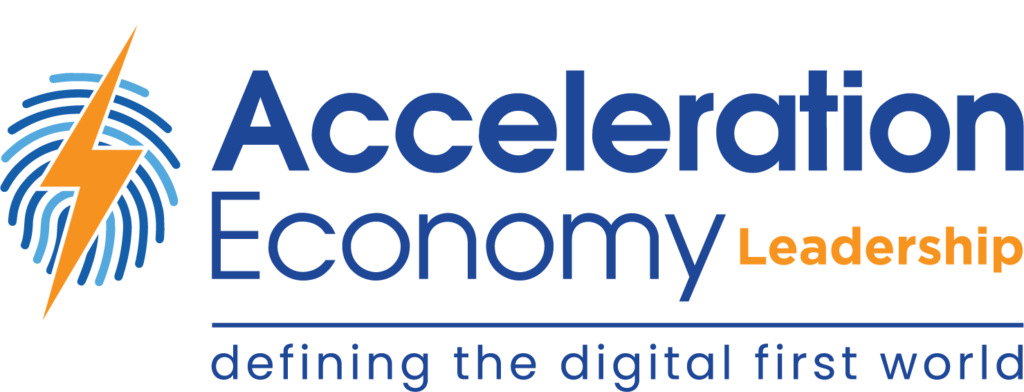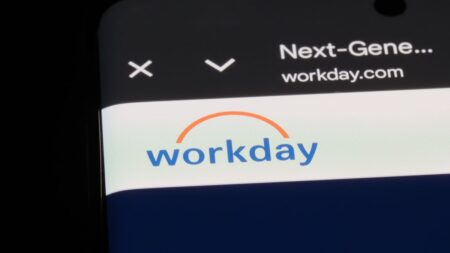Procurement professionals are trained to think of themselves as buying goods (the raw materials used to create products) or buying services (expertise provided by suppliers or individuals). Models for those two categories of spending have been highly refined over the last 30 years.
Now there’s a third category emerging: data, which includes supplier information, customer information, sales, market trends, weather predictions, and economic information. There is a plethora of data for sale that can help companies make business decisions. Because procurement organizations have well-honed methods in place for managing the two longstanding categories of spend, they are well-positioned to adapt those methods for the third.
In this analysis, we’ll take a close look at procurement’s involvement in data purchasing decisions, which ranges from identifying requirements in the request for proposal (RFP) process, to helping with demand supplier rationalization and supplier relationship management, to clarifying data ownership.
Identifying Requirements for RFPs
An important part of the data purchasing process is articulating and agreeing on what to buy. A request for proposal (RFP) process begins with clearly defined requirements, and procurement can provide significant assistance in identifying what those requirements should be. By obtaining input from business stakeholders and drawing on past experience in terms of identifying requirements and communication, procurement can ensure that every potential supplier responds to the same list of specifications.
Creating this list helps achieve clarity from within the organization and provides assurance that every potential data provider is responding to the same request. For example, when purchasing vendor data that categorizes diverse suppliers, it is important to agree on the specific categories that support a firm’s diversity and inclusion initiatives.
Some companies focus on supporting veterans, others on women– or minority-owned businesses. Geography must be a consideration too, as definitions of what constitutes diversity differ across the globe. Merely identifying providers of diverse vendor information is insufficient without drilling down on the requirements, which procurement professionals are experienced in doing already with materials and services.
Supplier Rationalization
With an abundance of artificial intelligence– (AI-) driven point solutions, there is significant overlap in the output across data suppliers. Going back to our example on diversity initiatives, businesses wishing to improve the penetration of diverse suppliers have a number of sources to go to from which they can obtain vendor lists, such as Supplierio, SpendHQ, Tealbook, and SAP/ Ariba. All of them use some kind of AI-based algorithm to vet the suppliers and some of the sources may already be supplying data to another part of the business.
If procurement is running the RFP process and managing the resulting contracts, it can and should be expected to create a database of what is being offered by each provider. Consulting this database before going out to market can help rationalize providers and reduce costs by helping the business avoid rebuying data they already have.
Supplier Relationship Management
Procurement organizations have methodologies in place for the ongoing management of supplier relationships. This includes reviewing performance against Key Performance Indicators (KPIs), evaluating quality, discussing new initiatives, and working with suppliers to improve output over time. This process can apply to suppliers of data as well. Data providers tend to get overlooked in this process when, in fact, if the business is relying heavily on their output, they need to be treated as strategically as raw material and service providers.
Establishing this rigor ensures a feedback loop so that the users can regularly provide feedback on the vendor’s performance and potentially provide input to new services.
Data Ownership
This is a consideration that’s relatively new for some procurement organizations. They may be accustomed to a purchase order- (PO-) based environment where ownership passes when goods are shipped or services provided. It’s different when an organization is accessing a data set that is constantly being updated. Data providers restrict access; license fees change with the number of users. The suppliers typically have a right to audit. So, procurement’s work isn’t done when the contract is signed; the right governance must be in place to ensure that the supplier’s terms are not breached through the duration of the agreement.
Final Thoughts
Most organizations don’t have purchasing managers with the right expertise to procure data properly; it’s just such a new category. So, although procurement professionals can bring rigor to the process, they also need to partner with the right subject matter experts within the business, which include the data users and the data governance team members.
This is a new and exciting frontier for procurement. After decades of added value to companies through the purchasing of goods and services and optimization of supplier relationships, there is now a great opportunity to apply all the methodologies learned to the new category of data procurement.
Want more tech insights for the top execs? Visit the Leadership channel:










